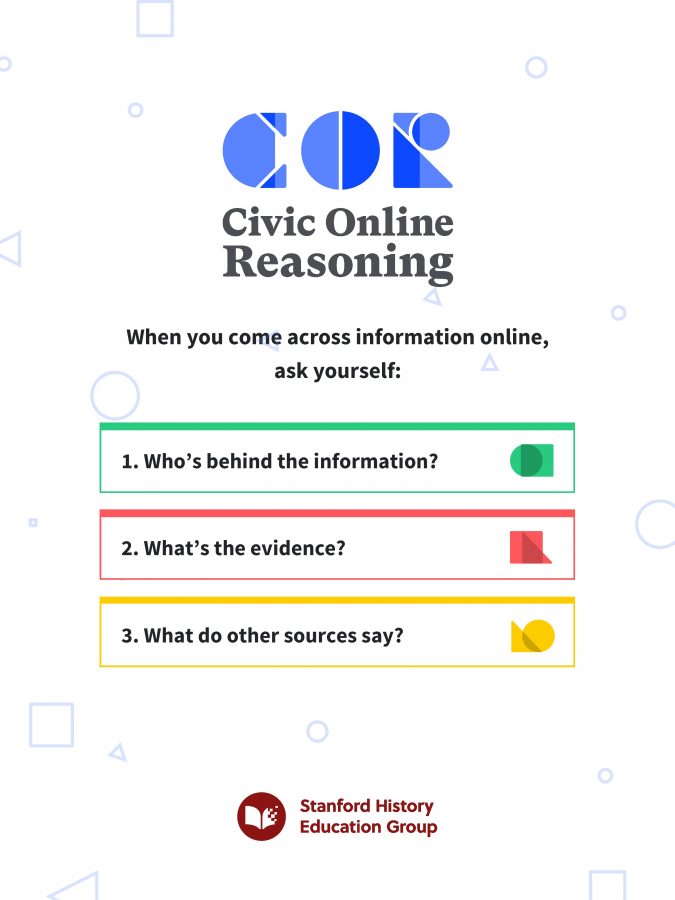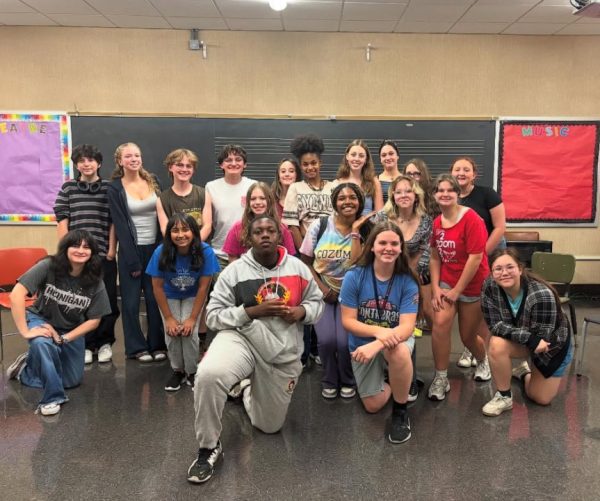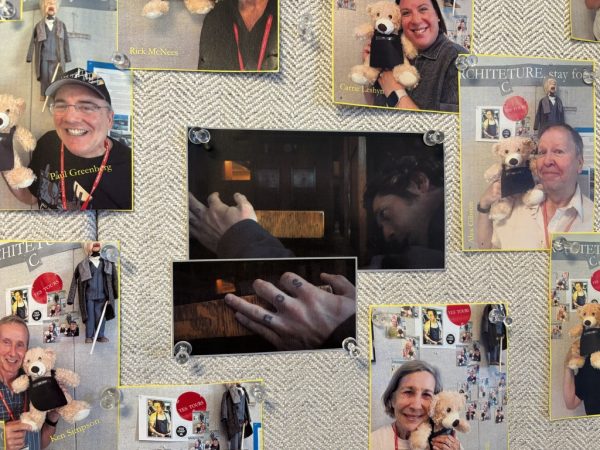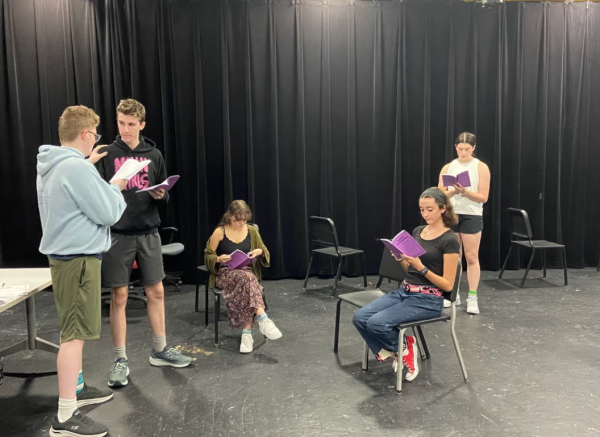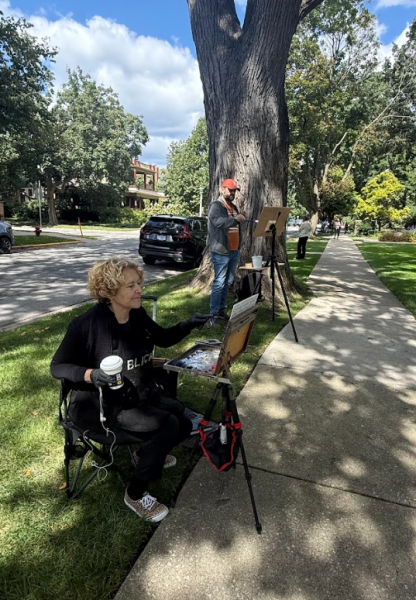OPRF staff puts facts first in championing media literacy
Photo courtesy of Andrew Fredrickson
Infographic from the Stanford History Education Group
People constantly absorb information. Information is either used, shared, or discarded. The world is run on information.
For information to be used properly, it must be assessed for accuracy and bias. Without reliable information, misinformation is shared and circulates rapidly, damaging the individual’s internal database and their relationships as a consequence.
The librarians at OPRF manage many of the programs on media literacy that the school offers. Amber Hooper, one of OPRF’s librarians, explained how using two skills called “lateral reading and click restraint” can help debunk misinformation and conspiracy theories: Lateral reading is to compare two sources to see if the information corroborates one another. Click restraint is restraining oneself from pressing on the first link that pops up after inserting a search into Google.
“My parents raised me to question everything,” says Louise Brueggemann, another OPRF librarian. She explained that adopting a critical mindset is essential when gathering information and is a necessity for being a well-informed citizen.
A study conducted by Stanford History Education Group (SHEG) in 2019 found that 66% of students could not discern advertisements from news stories.
Consequences of these results can be seen in research done by the fact-finding organizations The Pew Research Center and the Shorenstein Center on Media, Politics and Public Policy. They found that political institutions are endangered when people trust fake news sources. When this happens, the information that these political institutions take in is twisted.
At OPRF, a campaign called “Fact Check Friday” is starting to promote media literacy. The first Friday of every month (except this September), an email will be sent out with tips on how to fact-check information.
The administration is also in the planning stage of implementing Digital Literacy courses. “Students are considering (educational and occupational) pathways, and as educators it’s important we embed these (critical thinking) skills so they develop the ability to (properly) engage in media,” said Laurie Fiorenza, the assistant superintendent of student learning at OPRF. Fiorenza described how, on a social level, misinformation and media saturates students, preventing them from hearing new information of an opposing standpoint. Students then miss out on potential friendships, perspectives, and pathways.
Fiorenza explains that the effects of misinformation branch out into the world that students will soon be sent out into. Fiorenza, Hooper, and Brueggemann all added that understanding what one is talking about to have productive conversations and relationships built on truth is key to creating a better community.

